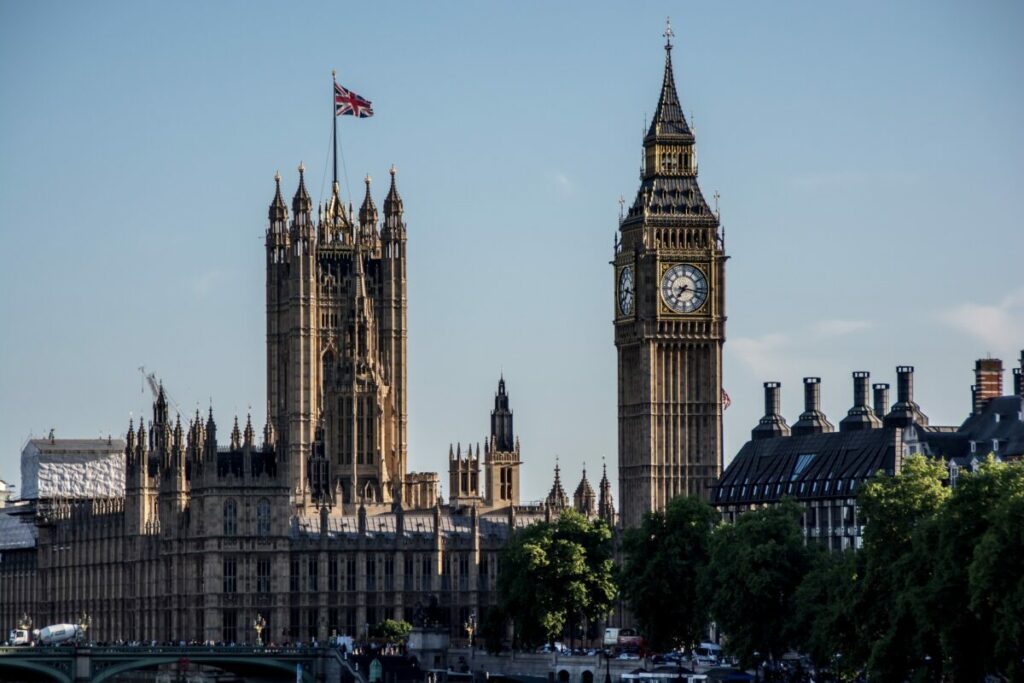From this week (21 September), 4,000 people will be offered £500 in funding towards training to install and maintain heat networks through the Heat Training Grant.
Under the £5 million Training Grant, five new England-based training providers will offer skills to teach and upskill professionals on how to install heat networks.
These providers are:
- Building Engineering Services Association (BESA) Academy
- Sycous Limited
- Chirpy Heating
- Herts Energy Academy
- Chartered Institute of Building Services Engineers (CIBSE)
Training usually costs between £500 and £600 to complete, meaning that trainees could receive training for free thanks to the £500 grant.
Courses will be available between October 2023 to Aprils 2024.
The UK government also announced that up to 8,000 people – both current and prospective installers – will be able to undertake domestic retrofitting and insulation installation training through a number of training providers through the £8.85 million Home Decarbonisation Skills Training scheme.
Installers will be offered training and support to build capacity of the supply chain as well as upskilling, leading to a recognised qualification NVQ or equivalent.
This training will be offered until 31 March 2024.
“The UK is a world leader when it comes to reducing carbon emissions, and we’re investing billions of pounds to help decarbonise the nation’s heating, saving homes and businesses energy and cutting bills,” said Lord Callanan, minister for energy efficiency and green finance.
“To do that we’re helping to improve the energy efficiency of homes and ensure they have access to cutting-edge low-carbon heating technologies such as heat pumps and heat networks.
“With consumer demand for these measures set to surge in the coming years, the funding announced today will help to create the skilled workforce that will be needed.”
This funding follows a number of clean energy announcements made by the UK government following Prime Minister Rishi Sunak delaying the ban on the sale of internal combustion engine (ICE) vehicles as well as the ban on fossil fuel boilers until 2035.
According to the changes made by the Prime Minister on Wednesday 20 September, households will not be required to replace their fossil fuel boiler with a low-carbon alternative until after 2035 (previously 2030) and only when the boiler needs to be switched either way.
The announcement was met with severe backlash from members of the low-carbon industry, some of whom accused the Prime Minister of using the nation’s net zero journey as a “political bargaining tool.”
In a positive move for the low-carbon heating movement, Wednesday’s announcement also included an increase to the Boiler Upgrade Scheme Grant from £5,000 to £7,500.
To help install these boilers, a number of low-carbon heating trainee ships have been formed of late. One of which comes from Samsung Climate Solutions and the social enterprise Your Energy Your Way (YEYW).
The Trainee Scheme – supported by EdTech startup Greenworkx – is designed to boost the number of low-carbon heating installers in the UK.
Samsung will provide students with training, support, and product awareness as well as performing a mentorship role. The scheme will include a two year commitment of learning on the job, and formal training via BetaTeach’s Learning Experience Platform.
Following this, the ‘Your Energy Your Way’ team will provide training across installation, customer service and maintenance.
“This is such an exciting time to be in the low carbon heating business and we need to do all we can to attract more diverse new talent for the future of the industry. I am personally very proud to be a part of this scheme as a mentor to one of the trainees, and fully support Leah in her important mission to help close the skills gap,” said Aimee Holloran, heating business development at Samsung Climate Solutions.
“Samsung Climate Solutions has worked with Leah for nearly ten years, and we hope that by supporting these trainees through their journey on this pilot scheme, we can encourage more people to upskill in low carbon heating as the UK works towards hitting its decarbonisation targets.”






